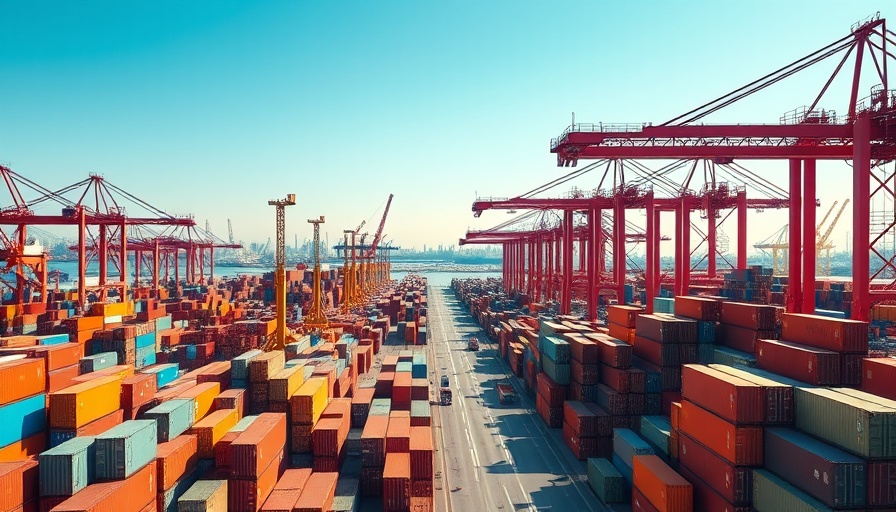
Junk Bonds in the Business Landscape
In a recent shift in financial markets, junk bond sales have surged as companies race to secure funding in light of escalating tariff uncertainties. This development highlights not just the immediate responses of businesses to potential economic disruptions but also reflects broader trends within the corporate financing landscape.
The Impact of Tariff Uncertainties
The global business environment is constantly evolving, and foreign tariffs introduced by the current administration have sent ripples through the economy. Companies are seeking to hedge against these uncertainties by taking on greater debt in the form of junk bonds. This rise in junk bond sales illustrates a strategic maneuver; corporations are trying to bolster their cash reserves before any potential spikes in costs associated with tariffs on imported goods.
Understanding Junk Bonds: Risks and Rewards
Junk bonds, or high-yield debt, are bonds rated below investment grade, offering higher interest rates to compensate for their increased risk of default. Investors targeting these bonds are often attracted by the promise of greater returns, even in turbulent economic conditions. However, the underlying risk remains high, and the volatility seen in these markets is indicative of broader apprehensions within the business community.
Catalysts for Growth Amidst Uncertainty
Thanks to venture capital and a robust startup ecosystem, companies across sectors, particularly in Silicon Valley, are leaning toward aggressive growth strategies. Despite the troubled waters they navigate, emerging tech startups are seizing chances to innovate. With venture capital funding consistently flowing, many businesses see an opportunity to invest and expand, thus renewing their focus on corporate governance and responsible financial strategies.
Market Anxiety Spurred by Political Decisions
The political landscape heavily influences economic behaviors. Recent policy announcements and discussions around tariffs have induced anxiety among investors, leading to a quick pivot to junk bonds as a source of flexible financing. Corporations are aware that a stronger balance sheet could offer them resilience during downturns, especially those reliant on international trade.
Looking Ahead: How Will Businesses Adapt?
As we look to the future, it becomes increasingly crucial for firms to adapt to the rapidly evolving economic pressures. Tariffs may provoke shifts in supply chain management, prompting companies to consider reshoring or diversifying their manufacturing bases. Such adjustments could not only secure stability but also enhance local business opportunities, contributing positively to the Bay Area economy.
Consumer Behavior Trends in a Changing Market
Understanding consumer behavior during these transitional periods is essential for success. Businesses must keep a pulse on evolving preferences, especially as shifting economic landscapes alter buying habits and expectations. Companies that invest in digital transformation and sustainable practices are likely to maintain competitive advantages as well.
Conclusion
In conclusion, the surge in junk bond sales reflects a proactive measure taken by companies aiming to navigate the complex terrain of tariff uncertainty and economic instability. For businesses in the Bay Area and beyond, the key will be to leverage these dynamics to foster innovation, strengthen relationships within their ecosystems, and ultimately thrive in unpredictable conditions. Understanding these financial tools and market strategies will better equip leaders to confront challenges ahead.
 Add Row
Add Row  Add
Add 



Write A Comment